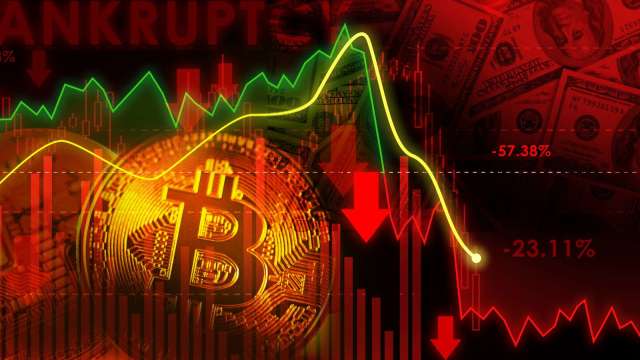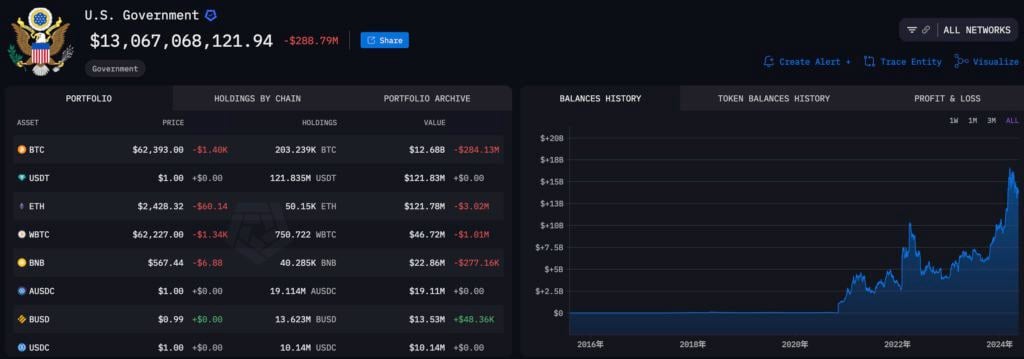Tim Scott is pushing for a crypto regulatory bill, aiming to pass it through the committee before Christmas and secure U.S. dominance in crypto finance.
![图片[1]-The US will vote on a cryptocurrency market bill in December; the chairman of the Senate Banking Committee hopes it will pass before Christmas.-OzABC](https://www.ozabc.com/wp-content/uploads/us-crypto-bill-countdown-2025-800x533.webp)
magnificentIn the dry, cold air of late autumn in Washington, the bells of the Capitol seemed to be urging us on. With only a few weeks left in 2025, Tim Scott, chairman of the Republican-controlled Senate Banking Committee, pushed crypto regulation to the finish line; he publicly pledged to pass the committee vote before Christmas and submit the bill to Trump for signature in early 2026, thereby securing America’s first-mover advantage in the next round of the financial race.
Countdown: The Senate stakes its political capital
Tim Scott spoke firmly to the camera during an interview on Fox Business:
“This is not only for President Trump, but also for the American people.”
He has the schedule in hand: a markup in December, and once it passes the votes, the bill will be sent to the full Senate for a vote next spring. The House of Representatives passed a similar version of the CLARITY Act earlier this year, and now all the pressure is on the Senate. Republican leadership assesses that if the process cannot be completed before the holidays, the bill may be delayed by the lengthy presidential budget negotiations, undermining Trump’s promise to “make America the cryptocurrency capital.”
“Subsidiary Assets”: The Key to Unraveling Regulatory Ambiguity
The core of the draft is a redefinition of regulatory boundaries. According to the plan, the CFTC will be responsible for the spot market for “digital commodities,” while the SEC will retain control over issuances that clearly fall under the category of securities. The most notable design is the introduction of the concept of ancillary assets: even if tokens possess securities characteristics, as long as they are in a decentralized transition period, they can circulate within the compliant framework, giving emerging projects a chance to survive. SEC Chairman Paul Atkins and CFTC Acting Chairman Caroline Pham have also launched a collaborative project called “Project Crypto,” a rare instance of simultaneous action by the executive branches, indicating that a consensus in Washington on a clear division of regulatory responsibilities is rapidly taking shape.
DeFi Controversy: Anti-Money Laundering Clauses Become the Final Tug-of-War
The legislative path is not smooth. A leaked Democratic draft bill in October proposed defining DeFi platforms as financial intermediaries and mandating KYC (Know Your Customer) procedures, drawing criticism from the industry as a “disguised stifling of innovation,” and negotiations stalled. Subsequently, with the assistance of the Solana Policy Institute, dialogue resumed. Democratic lawmakers worried about money laundering and national security risks, while Republicans avoided excessive restrictions. Now, a consensus has emerged: the final text will include compromises on anti-money laundering (AML), such as requiring front-end interfaces to provide risk screening, rather than a complete ban on open-source protocols. Without bipartisan Democratic support, the bill will be stuck at the 60-vote threshold, making this current balance particularly crucial.
Capital’s Call: Institutional Observation Is About to End
For Wall Street and Silicon Valley, clear regulations are more practical than bullish slogans. The long-standing shadow of litigation surrounding “enforcement and regulation” has made large institutional investors hesitant. If the new law is implemented, futures brokers, investment banks, and pension funds can all enter the market within a defined risk framework. Several fund managers have privately stated that as long as the CFTC gains control, “the long-awaited liquidity will be released like a dam bursting.” Conversely, if the US misses the 2026 deadline, the European MiCA and the Singapore and Hong Kong schemes in Asia will absorb incremental capital, weakening the dollar’s pricing power in emerging digital asset sectors.
Political calculations may be noisy, but the direction is set. In the coming weeks, the key won’t be the price of Bitcoin, but every vote on the button in the corridors of Congress. When Tim Scott presses the final accelerator, the US crypto industry will know whether the race to the mainstream has begun or ended.






















